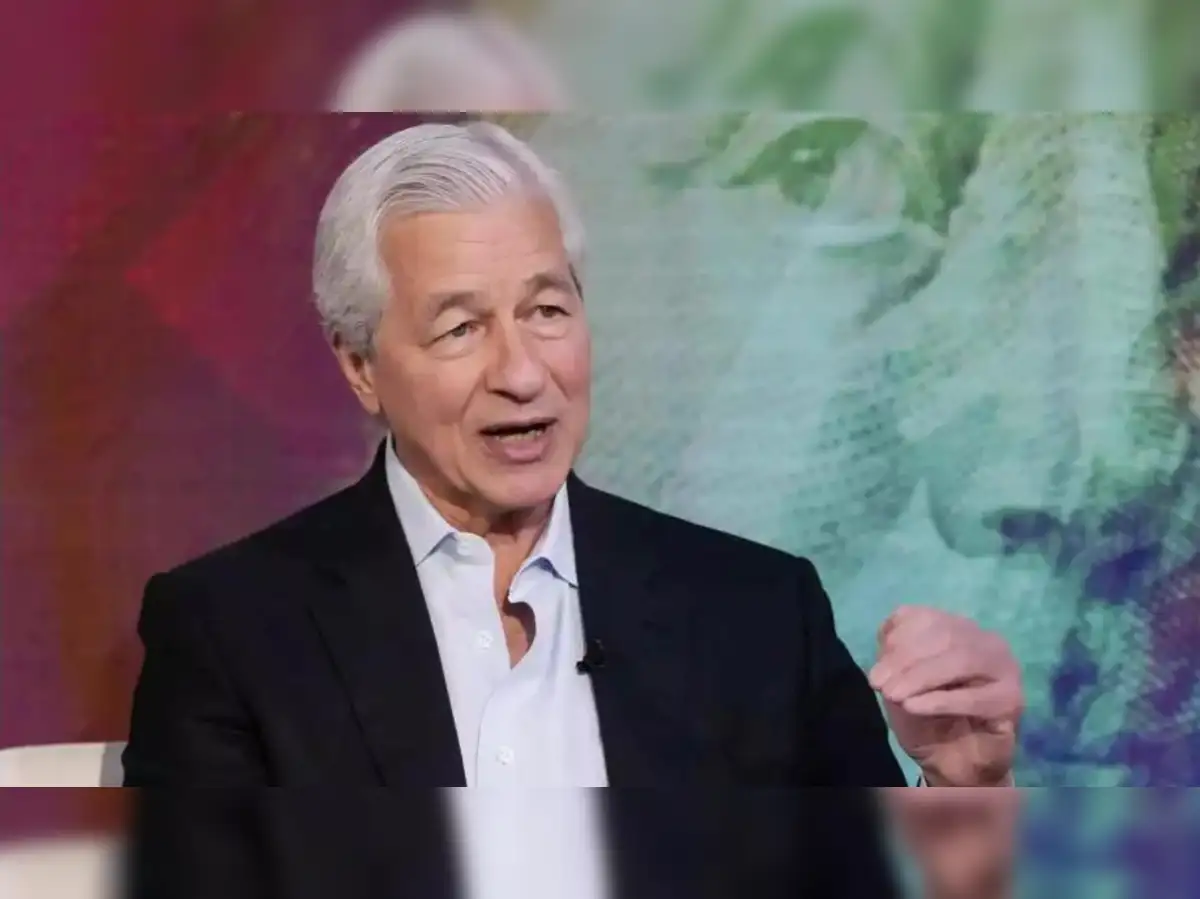Jamie Dimon, CEO de JPMorgan Chase, ha expresado inquietudes sobre una posible corrección en el mercado de valores, subrayando la importancia de que los inversionistas se mantengan atentos ante la incertidumbre económica. Las advertencias de Dimon surgen en un contexto de aumento de tasas de interés, tensiones geopolíticas y un crecimiento económico desigual, factores que podrían influir en los mercados financieros a nivel mundial. Sus comentarios reflejan tanto precaución como comprensión de los riesgos que podrían incidir en las valoraciones de las acciones y la confianza de los inversionistas en los próximos meses.
Factors contributing to market volatility
Jamie Dimon has highlighted several factors that could trigger a market correction, noting that investor sentiment has been increasingly fragile. Rising interest rates, implemented to combat inflation, are having a direct impact on borrowing costs, corporate earnings, and consumer spending. These shifts can create pressure on equity markets, particularly for sectors that are highly sensitive to interest rate fluctuations, such as technology and real estate.
Additionally, geopolitical tensions, including conflicts and trade disputes, continue to contribute to market uncertainty. Investors are closely monitoring international developments that could disrupt supply chains, increase energy costs, or destabilize financial systems. Dimon has stressed that even minor shocks in global markets could magnify existing vulnerabilities in investor behavior, potentially leading to sharp market adjustments.
Economic indicators also play a crucial role in Dimon’s assessment. While certain sectors of the economy remain resilient, uneven growth and signs of slowing consumer activity raise concerns about sustainability. Corporate earnings reports that fall short of expectations, or unexpected macroeconomic data, could act as catalysts for a broader market correction. For Dimon, understanding these underlying dynamics is key to anticipating potential shifts in market conditions.
Actions of investors and handling of risks
The cautious perspective of Dimon is also linked to the actions of investors themselves. During times of extended market expansion, complacency can emerge, resulting in overpriced assets and increased risk exposure. He has urged both private and organizational investors to maintain a disciplined strategy, highlighting the value of diversification, planning for the long haul, and having realistic expectations.
Methodologies to handle risks are especially crucial in unstable markets. Dimon has promoted the need for ample liquidity, examining portfolio distributions, and readiness for unexpected market changes. By implementing anticipatory actions, investors can reduce possible losses and steer clear of impulsive choices that typically worsen market declines. His guidance highlights the value of a cautious and methodical strategy over impulsive or emotionally influenced trades.
The alert from a leader like Dimon holds significance due to his vast experience dealing with financial upheavals. By guiding JPMorgan through past episodes of market turbulence, he utilizes historical knowledge to evaluate today’s weaknesses. His communication is not meant to incite fear, but instead to emphasize that a forward-thinking and knowledgeable strategy can protect assets and uphold market steadiness.
The importance of central banks and financial strategy
Central banks, particularly the Federal Reserve, are key players in the context of potential market corrections. Dimon has noted that monetary policy decisions, including interest rate adjustments and quantitative measures, significantly influence investor sentiment and market liquidity. While these actions are designed to stabilize the economy, they can also contribute to short-term volatility if market participants interpret them as signals of risk or uncertainty.
Economic policy, fiscal measures, and regulatory frameworks also intersect with market dynamics. Government decisions regarding taxation, spending, and financial oversight can either alleviate or exacerbate market pressures. Dimon’s perspective highlights the interconnected nature of these policies with broader market health, reminding investors that shifts in policy can have immediate and far-reaching implications for equity markets.
Readying for possible adjustments
For investors, Dimon’s message is a reminder of the importance of preparation and prudence. Market corrections, while often unsettling, are a natural part of financial cycles. Historically, downturns have offered both challenges and opportunities, enabling disciplined investors to adjust strategies, acquire undervalued assets, and reassess risk exposure.
Dimon stresses the importance of keeping a balanced outlook. Although there is a possibility of a market correction, the economic fundamentals are strong in several sectors, indicating that a cautious investment strategy can offer long-term stability. Recognizing market influencers, tracking economic signals, and holding diversified investments are sensible measures that assist investors during uncertain times.
Moreover, Dimon underscores the significance of avoiding panic-driven decisions. Emotional reactions to short-term volatility often result in asset misallocation or premature exits from investment positions. Instead, he advises focusing on long-term goals, reassessing risk tolerance, and adjusting portfolios according to careful analysis rather than immediate market noise.
Implications for global markets
A potential adjustment in U.S. financial markets might create a chain reaction affecting worldwide economic structures. Global investors, developing economies, and large corporations across different countries are all responsive to changes in stock prices and capital movement. Dimon’s alert underscores that even minor corrections can influence global cash flow, commerce, and investment planning.
For investors worldwide, staying informed about U.S. market tendencies is crucial. According to Dimon, although a market adjustment might be difficult, it also offers a chance to adjust portfolios, handle exposure, and find strategic investment opportunities in various markets. By adopting a proactive and knowledgeable strategy, investors across the globe can more effectively manage possible instability while setting themselves up for sustained growth.
Long-term perspective and investor strategy
Ultimately, Dimon’s caution reflects a broader principle in financial management: the need for vigilance, strategic planning, and risk awareness. While the prospect of a stock market correction may cause concern, it also reinforces the value of thoughtful investing. Maintaining diversified portfolios, staying informed about macroeconomic trends, and implementing risk management measures are key strategies for weathering potential downturns.
Dimon’s message serves as a timely reminder that market fluctuations are a natural part of economic cycles. By understanding the factors that contribute to volatility, adopting disciplined investment practices, and remaining focused on long-term objectives, investors can navigate challenges without compromising their financial goals. The advice from one of the industry’s most experienced leaders emphasizes that preparation, prudence, and perspective are the best defenses against market uncertainty.
Jamie Dimon’s warning about a possible stock market correction underscores the need for careful risk assessment, strategic planning, and vigilance among investors. While markets face multiple pressures—from rising interest rates to geopolitical tensions and uneven economic growth—prudent measures and disciplined investing can help mitigate potential impacts. By understanding the forces shaping market dynamics and maintaining a long-term perspective, investors can navigate uncertainty while positioning themselves for sustainable financial outcomes.




